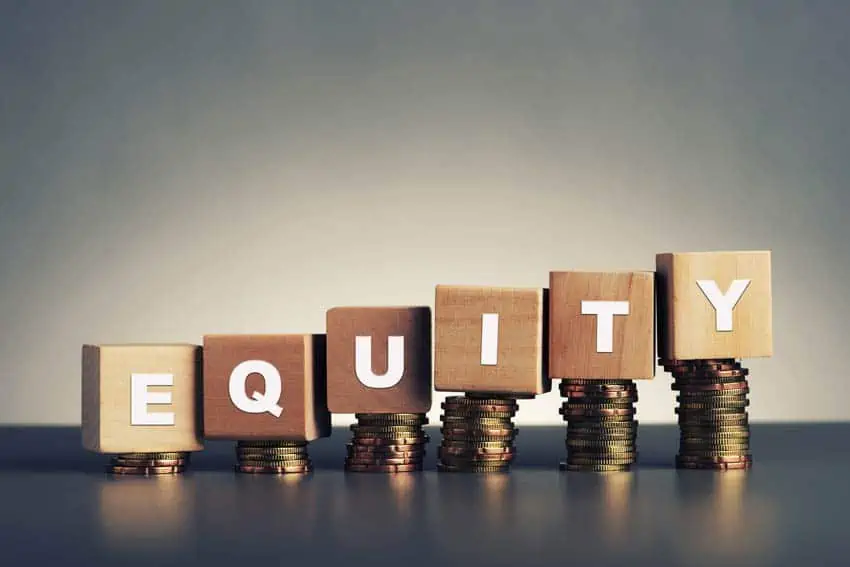


Many family law professionals will tell you that the word “fair” is a problematic one for us. It is so highly personal and subjective. What is fair for me may not be fair for you. I sometimes go as far as to say that “fair” is the four-letter f-word in my office.
The laws handed down by our provincial and federal governments and the decisions made by our judiciary often recognize that maybe applying the black and white letter of the law in all circumstances ends up in a one size fits none situation. Here is where we get tricky – we don’t call this fairness. We call it equity. Statutes provide for some standard rules to be modified when it is “just and equitable” to do so, and judges have long been the innovators in the world of equity.
I recently came across a description of equity in a case that I thought was quite beautiful. It was in the context of a corporate dispute. The Justice talks about there being room in corporate law to recognize that behind the minute book are real people with rights, expectations, and obligations that expand beyond this one company. The idea of equity creating space for humanity and more individualized justice is an elegant way to think about it.
Remember though equity does not mean that you throw out the law without thought or consideration. We cannot just cry out “It’s not fair!!” and expect the law to change for us. What equity does mean is that a judge or decision-maker takes time to consider what is unique in the circumstances that might make it unfair to insist on legal rights or the exercise of them in a particular way. The legal rights and obligations are still present, however. It may be inequitable, after considering all the factors, to deprive someone of their legal rights. It is a difficult task for decision-makers to weigh and balance the law and individual parties’ circumstances and expectations.
In our work, as much as possible, we try to keep the separating couple as the decision-makers. This means the people who need to see the equity in the situation is the ones who may stand to lose because of it. This is no easy task. Not every part of family law has the same equitable flexibility as the next. Part of our job as your advisor is to show you when and where equitable arguments exist, help you weigh the validity of those arguments, and be flexible in the face of legitimate claims to an equitable resolution. At Moe Hannah, we advocate for our clients while also knowing that in some aspects of the law, important equitable considerations should be fleshed out.